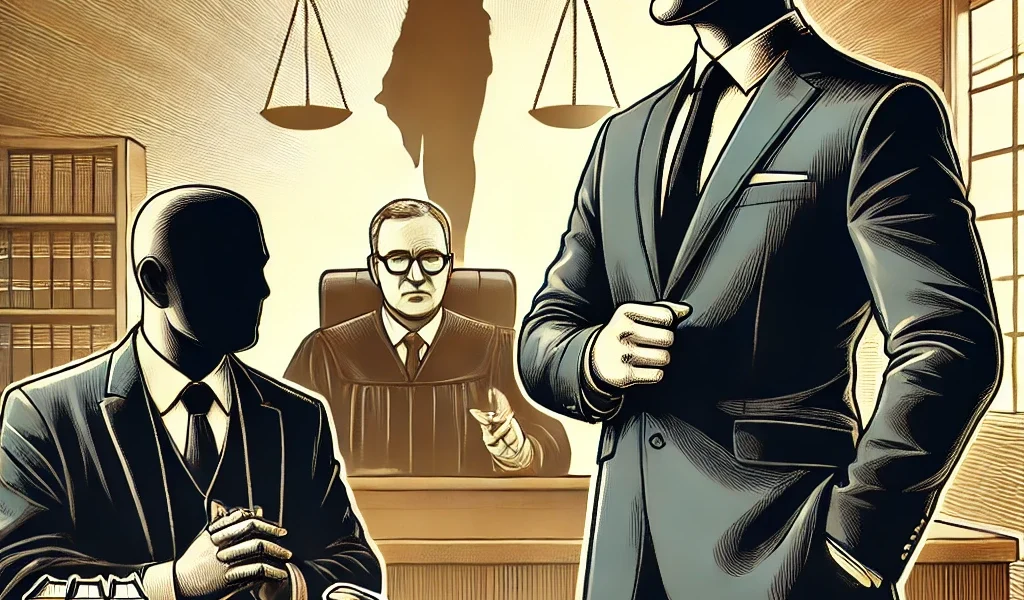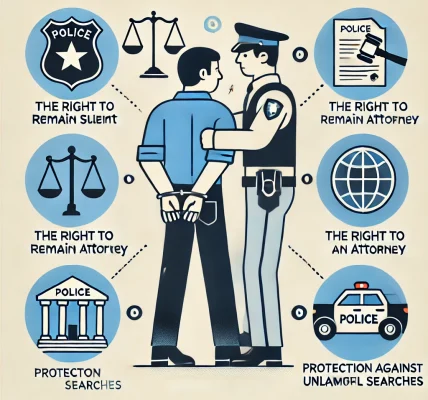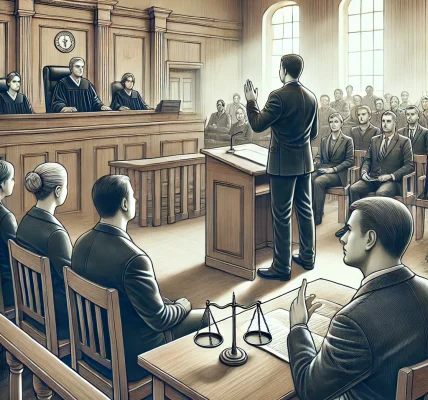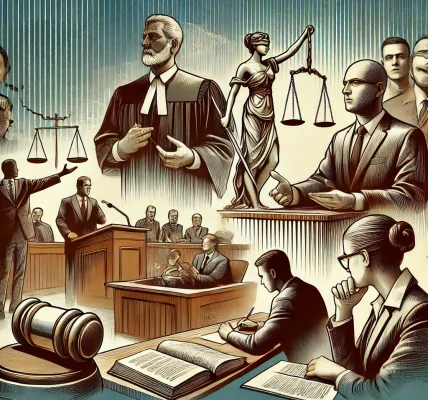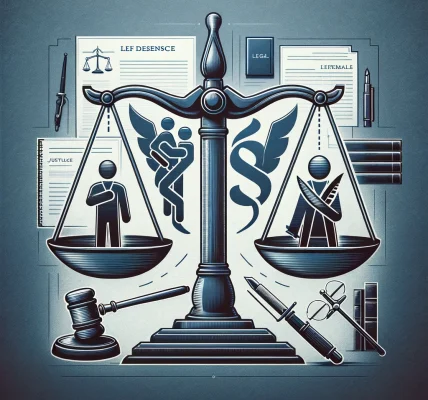Introduction
Facing criminal charges can be one of the most stressful and life-altering experiences anyone can go through. Whether you are accused of a misdemeanor or a felony, the legal system can be complex and overwhelming. This is where a criminal defense lawyer plays a critical role. A skilled defense attorney helps navigate the legal process, protect your rights, and work towards the best possible outcome for your case.
This blog explores what criminal defense lawyers do, why they are essential, and how they can make a significant difference in the outcome of a case.
1. What is a Criminal Defense Lawyer?
A criminal defense lawyer is a legal professional specializing in defending individuals and organizations accused of criminal activities. These attorneys represent clients in court, negotiate with prosecutors, and ensure that the defendant’s legal rights are upheld throughout the legal process.
Criminal defense lawyers handle cases ranging from minor infractions to severe crimes, including:
- Theft and burglary
- Drug-related offenses
- Assault and violent crimes
- White-collar crimes
- DUI and traffic violations
- Homicide and manslaughter
2. Key Responsibilities of a Criminal Defense Lawyer
A defense attorney’s role extends beyond just arguing a case in court. Here are some of their critical responsibilities:
A. Case Evaluation and Legal Advice
Before proceeding with a case, a criminal defense lawyer carefully reviews the charges, evidence, and potential defenses. They advise their client on possible outcomes and legal strategies.
B. Investigation and Evidence Collection
An essential part of defense strategy is gathering evidence to support the client’s case. This includes:
- Interviewing witnesses
- Reviewing police reports
- Examining forensic evidence
- Investigating procedural errors in the arrest or prosecution
C. Developing a Defense Strategy
Based on the evidence, a lawyer develops a strong legal defense. Common defense strategies include:
- Lack of evidence: Arguing that the prosecution has insufficient proof to establish guilt beyond a reasonable doubt.
- Alibi defense: Providing evidence that the defendant was elsewhere when the crime occurred.
- Self-defense: In cases of assault, claiming that the defendant acted in self-defense.
- Violation of rights: Challenging illegal searches, improper police procedures, or coerced confessions.
D. Representing Clients in Court
A criminal defense lawyer defends their client during trial proceedings, which may involve:
- Presenting opening and closing statements
- Cross-examining prosecution witnesses
- Presenting evidence and calling witnesses in defense
- Arguing legal motions to dismiss or suppress evidence
E. Negotiating Plea Bargains
In some cases, a defense lawyer may negotiate a plea deal with the prosecution. This can result in:
- Reduced charges
- A lesser sentence
- Alternative sentencing options such as probation or community service
F. Sentencing Advocacy
If a defendant is convicted, a defense attorney advocates for a fair sentence, presenting mitigating factors to reduce the punishment.
3. Why You Need a Criminal Defense Lawyer
A. Protecting Your Rights
A criminal defense lawyer ensures that law enforcement and prosecutors respect your constitutional rights, such as:
- The right to remain silent
- The right to a fair trial
- Protection against unlawful searches and seizures
B. Understanding Legal Complexities
Criminal law is complex, with constantly evolving statutes and precedents. A defense lawyer understands legal procedures, filing deadlines, and courtroom etiquette, ensuring your case is handled correctly.
C. Reducing Penalties and Consequences
A criminal conviction can have severe consequences, including:
- Jail time or hefty fines
- Criminal record impacting employment and housing
- Loss of professional licenses
- Immigration consequences (for non-citizens)
An experienced lawyer can minimize these impacts by negotiating reduced charges or seeking alternative sentencing options.
D. Building a Strong Defense
Without a lawyer, you might not be aware of all the possible defense strategies available. A skilled defense attorney examines every detail to build the best possible case in your favor.
E. Experience Handling Prosecutors
Prosecutors aggressively seek convictions. A seasoned criminal defense attorney knows how to counter prosecutorial tactics, ensuring that you are not unfairly penalized.
F. Reducing Stress and Anxiety
Facing criminal charges is stressful. Having a lawyer who understands the system and can handle negotiations, paperwork, and legal arguments gives you peace of mind.
4. How to Choose the Right Criminal Defense Lawyer
Selecting the right defense attorney is crucial. Consider these factors:
A. Experience and Specialization
Ensure the lawyer specializes in criminal law and has experience handling cases similar to yours.
B. Reputation and Track Record
Check client reviews, testimonials, and past case outcomes to evaluate the attorney’s success rate.
C. Communication and Availability
Your lawyer should be accessible, responsive, and able to explain legal concepts in a way you understand.
D. Cost and Fees
Discuss fees upfront and understand the billing structure (hourly rate vs. flat fee) before hiring an attorney.
E. Comfort and Trust
Since you’ll be sharing personal details, choose a lawyer you trust and feel comfortable with.
Conclusion
A criminal defense lawyer plays a vital role in protecting your rights, navigating the complexities of the legal system, and working towards the best possible outcome for your case. Whether you are facing minor charges or serious allegations, having a skilled attorney by your side can make all the difference.
